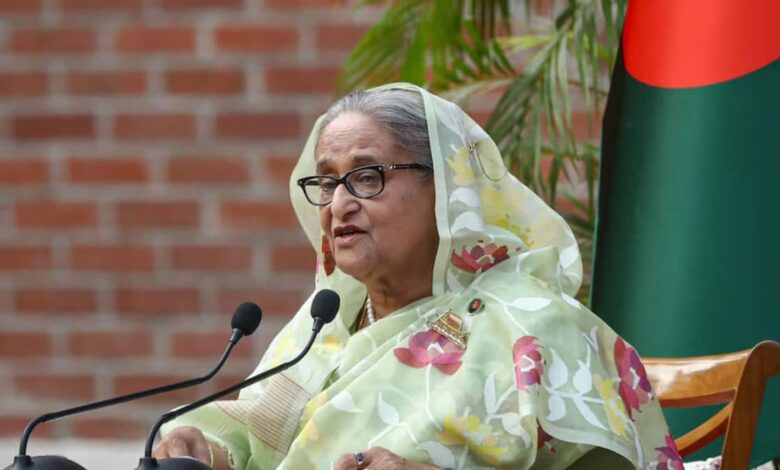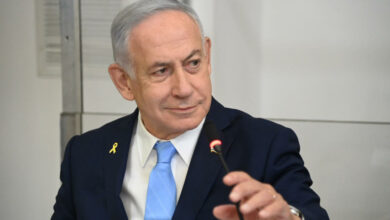
A Bangladeshi tribunal has banned broadcasts of “hate speech” by former Prime Minister Sheikh Hasina, who was indicted for the killings of protesters during the August revolution that saw her being ousted. The ICT is currently investigating Hasina on charges including “mass murder” related to the unrest that forced her to flee to India.
In Court, prosecutor Golam Monawar Hossain Tamim confirmed the tribunal’s move saying “the ban was necessary as free trials with independent witnesses are at risk including the victim’s family”, arguing that “if her speeches still spread on, it’s pretty challenging to bring witnesses to this tribunal”.
It did not explain how the tribunal would decide which of Hasina’s speeches would be considered hate speech, or how the order would be enforced. The ruling comes after Hasina recently addressed supporters in New York in a video link, accusing Bangladesh’s interim leader, Muhammad Yunus, of “mass murder.”
Hundreds of people died in the violence leading to Hasina’s removal, mostly because of police action, and more reprisals against her supporters followed her overthrow.
The ICT was formed by Hasina in 2010 to try atrocities committed during the 1971 war of independence against Pakistan. Since then, the tribunal has sentenced many political opponents to death amid criticism from human rights groups that it does not meet standards of a fair trial. Many see the ICT as a way for Hasina to get rid of political opponents.
The present interim government, headed by Yunus—who won the Nobel Peace Prize in 2006—has promised to seek Hasina’s extradition from India to face trial before the ICT.



